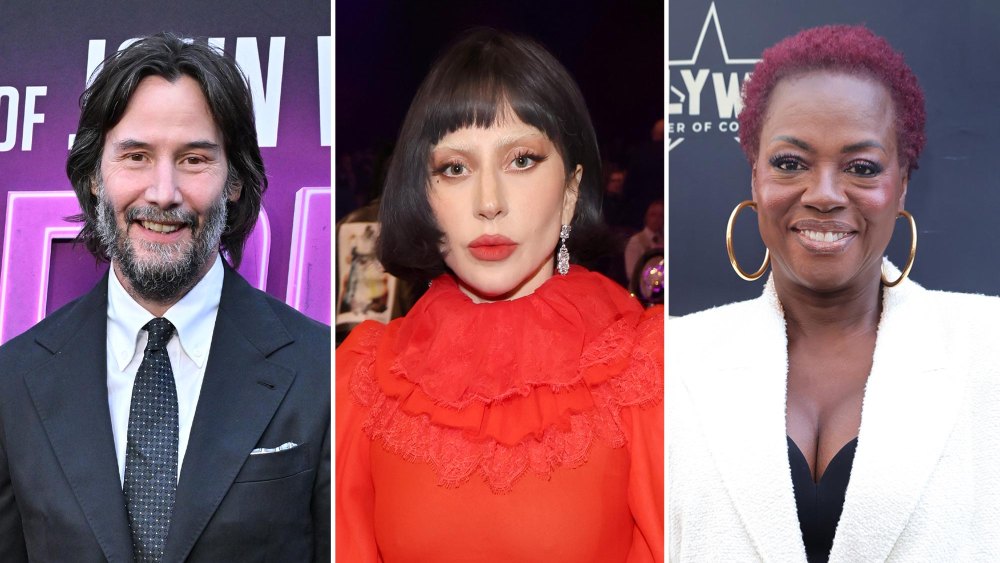The landscape of leadership is evolving, with notable figures in the entertainment industry showcasing innovative approaches that prioritize collaboration and emotional intelligence. Celebrities such as Pharrell Williams, Lady Gaga, and Ryan Reynolds exemplify how effective leadership can emerge from creativity and inclusivity rather than traditional power dynamics.
Pharrell Williams, known for his multifaceted career as a composer, producer, and creative director for Louis Vuitton, stands out for his collaborative spirit. He has a talent for unearthing hidden potential in others, emphasizing the importance of teamwork. A notable example occurred in 2016 when he expressed genuine surprise and admiration upon hearing music from then-NYU student Maggie Rogers. This moment illustrated his belief that true leaders focus on the project and the people involved, rather than seeking the spotlight for themselves.
Inclusivity and Trust in Leadership
Similarly, Lady Gaga curates a diverse array of voices across her various ventures, including her cosmetics brand, Haus Labs, and her social initiatives like the Born This Way Foundation. Her willingness to collaborate with artists from different backgrounds, such as Beyoncé, Jeff Koons, and Joaquin Phoenix, highlights her commitment to inclusivity. Research supports this approach, indicating that diverse teams are more effective in solving complex problems than homogeneous groups. Gaga’s leadership style demonstrates that embracing different perspectives can serve as a competitive advantage.
On a different note, Ryan Reynolds showcases a unique blend of humor and partnership in his ventures, from Aviation Gin to his ownership of Wrexham AFC, a soccer team in Wales. He fosters an environment where team members feel valued and recognized, which builds trust and enhances overall performance. Reynolds illustrates that effective leadership does not require a domineering presence; rather, it flourishes through shared credit and collaboration.
Kindness as a Leadership Tool
Another example of redefining leadership comes from Keanu Reeves. Renowned for his performances in films like The Matrix and John Wick, Reeves is equally celebrated for his generosity and humility. Reports of his philanthropic efforts, such as funding crew salaries and treating everyone with respect, have become legendary. His approach creates an atmosphere of psychological safety, allowing team members to express themselves and take risks. Studies indicate that teams with this sense of safety tend to outperform those without it, underscoring the importance of kindness in leadership.
Viola Davis, who has achieved the prestigious EGOT status, emphasizes vulnerability as a powerful leadership trait. Her raw honesty captivates audiences and elevates her co-stars, demonstrating that fostering an environment where vulnerability is accepted can enhance team resilience and trust. Davis illustrates how openness can inspire others to rise to their full potential.
Lastly, the iconic Meryl Streep exemplifies that true star power lies in amplifying the talents of others. Frequently acclaimed as one of the greatest actors of her generation, Streep has been recognized by fellow actors such as Anne Hathaway and Tom Hanks for her ability to enhance their performances. Her leadership style reinforces the idea that greatness is not about overshadowing others but about lifting them up.
The collective insights from these celebrities reveal a shift in the understanding of leadership. Effective leaders cultivate environments of trust, safety, and respect, highlighting that charisma and control are not the sole indicators of success. The lessons drawn from the red carpet may provide a new blueprint for leadership, focusing on what can be termed “team intelligence.” By unlocking the collective genius of their teams, these celebrities demonstrate that the future of leadership lies in collaboration, empathy, and kindness.
